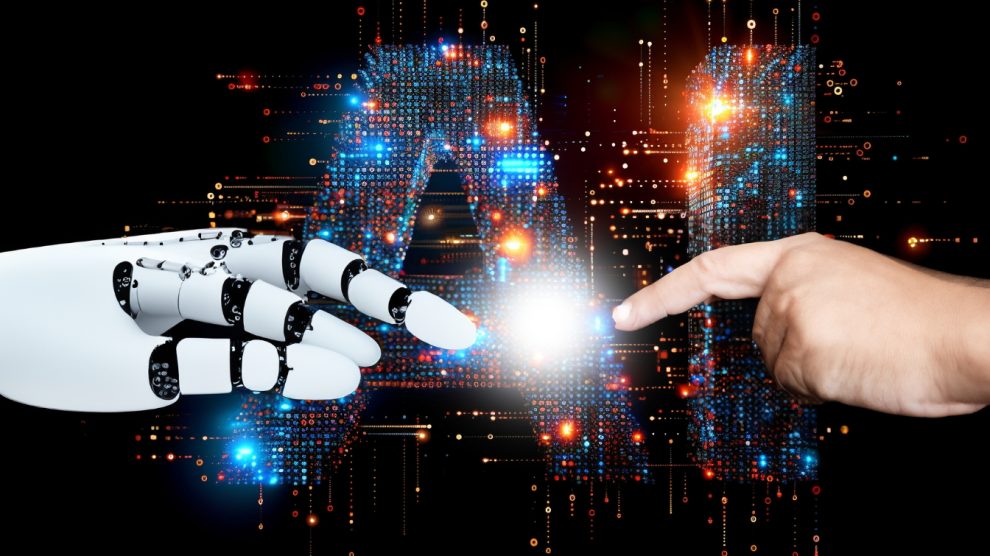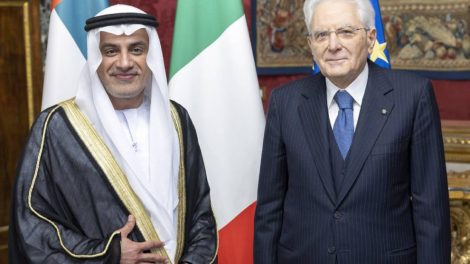China’s geopolitical leverage. Marco Minniti, former Interior Minister and now President of Med Or Italian Foundation, highlighted the intersection of technology and geopolitics.
- “The trade war is closely tied to artificial intelligence and rare earths — China is the world’s leading holder,” he said.
- These tools “allow it to shape the fortunes of major US firms that decentralised production in recent years, a shift now hard to reverse,” he added.
Italy as a system. On Tuesday, Minniti opened the discussion on “AI and Supercomputing for Economic Intelligence” at the Med Or Italian Foundation.
- He stressed that Italy must operate in an organised, unified manner—a “system country” approach—rather than piecemeal.
- He also highlighted soft power as essential in a world fascinated by hard power.
- “Our productive system needs to be connected to the Global South,” Minniti warned that ceding that market to China would be “the greatest mistake”.
- Citing Turkey’s geopolitical resilience—despite 90 per cent inflation—he urged Italy to cultivate mediation roles and strategic partnerships.
The AI century. Emilio Billi, AI expert and Professor at San José State University, charted AI’s evolution.
- Since 2014, computing power has exploded to match human brain capacity. “Intelligence is about flexible problem‑solving without rigid models,” he said.
- Early computers were deterministic; today’s machine learning systems learn autonomously from data, achieving human‑like reasoning, with future computing power set to exceed the human cortex.
Industry’s ally. Stefano Ciurli, Head of Global Services at Enel Group, illustrated how AI underpins operational efficiency in energy generation.
- By analysing real‑time data, AI models predict plant performance, optimise maintenance, and drive speed and reliability.
- “Since 2022, we have wrapped our infrastructure in AI, cutting process times dramatically,” he explained, cautioning that the technology will transform job roles, requiring a transformative mindset and new skills.
- He outlined Enel’s dual approach—AI for Procurement uses AI agents and virtual assistants to interpret policy data, while Procurement for AI ensures that purchases of AI solutions strengthen supplier compliance with EU regulations.
- This “bi‑directional” model embeds AI in supply chains and corporate decision‑making.





